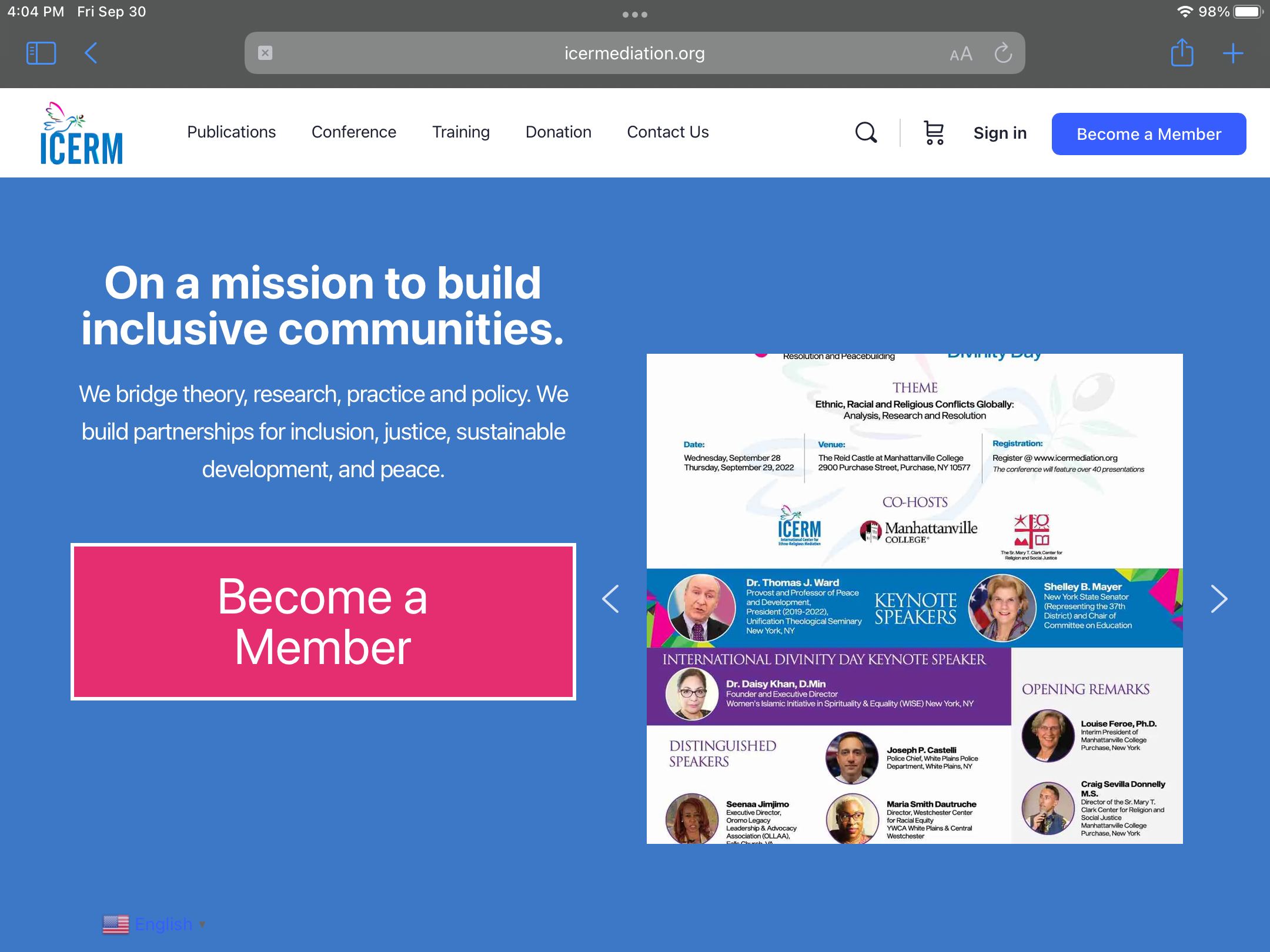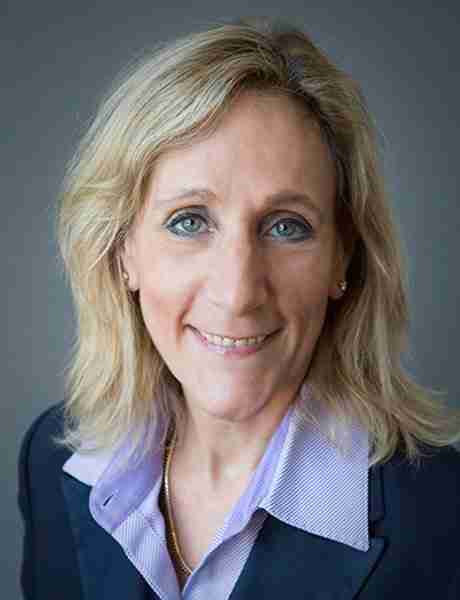ICERMediation Our New Website Has Gone Live

We are happy to invite you to join our inclusive community if you have not yet done so. It is a networking platform. You will be able to view updates from ICERMediation and its members in the news feed. If you have already created a profile page, feel free to update your profile information with bio, profile photo image and cover image. Also, please invite your colleagues to sign up to help us grow our community faster.
We are thrilled to inform you that our new website has been launched. You can now sign up to become a member of our inclusive community. To sign up, go to: https://icermediation.org/membership-package/
Here is what you can do after signing up:
1) After you login, click on your profile and edit profile to update your profile information. Don’t forget to upload your professional profile photo image and a cover image as it is done on LinkedIn. You want your page to look very professional.
After you activate your ICERMediation account by logging in and updating your profile info, your page will look similar to this one.

Our developers will continue to improve user-experience and member dashboard.
2) Consider changing your login credentials with a username and password you can easily remember.
3) Before your first logout, make some noise by doing your first post. A post about world peace, conflict resolution, social change, social justice, ethnic, racial, or religious conflict in your country, or even a congratulatory message to ICERMediation for the new website, will be appreciated.

4) There is an “Email Invites” button on your dashboard. If you like what you see, and would like to share with others, click on the “Email Invites” button, add email addresses, and invite friends and colleagues to join you and all of us for global peace.
5) Try to always come back to share your work and see what others are working on.

6) Moving forward, we are “on a mission to build inclusive communities.” And you are an important part of the inclusive community we seek to build. Let’s do it together from where you are.
We are happy to have you as a member of our inclusive community.
With peace and blessings,
The ICERMediation Team
https://icermediation.org/





